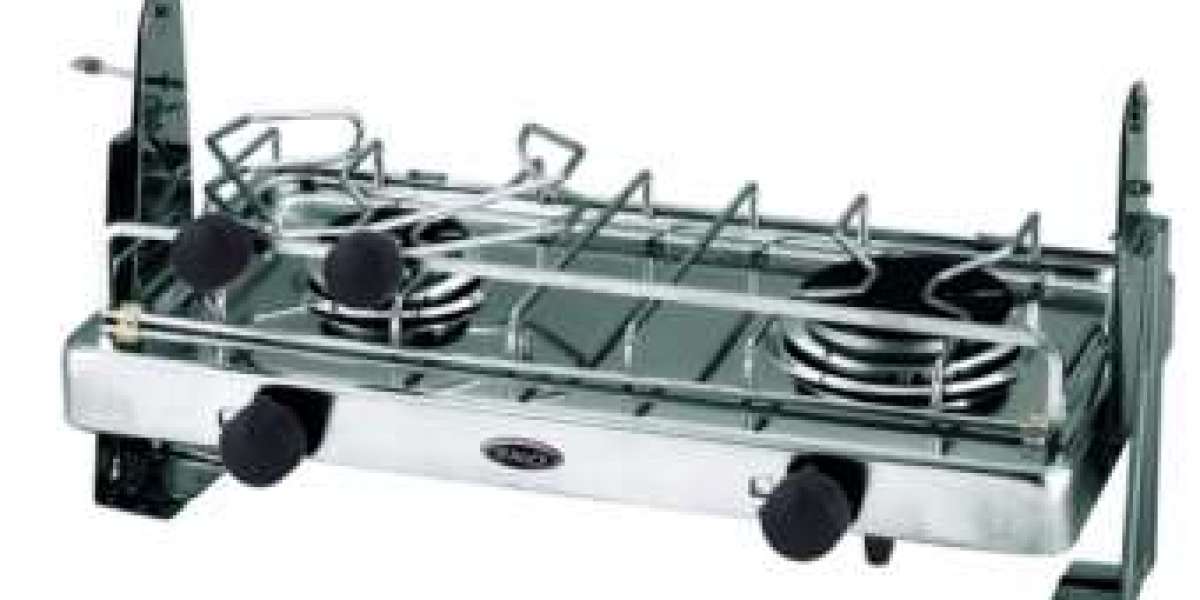Cooking on a yacht requires a reliable and efficient stove that can handle the challenges of life at sea. Whether youre planning gourmet meals or simple onboard cooking, selecting the right boat stove is essential for convenience, safety, and efficiency. In this guide, we will explore the key factors to consider when choosing the best boat stove for your needs.
Why Choosing the Right Boat Stove Matters
A high-quality boat stove is more than just a cooking applianceits a crucial part of onboard life. The right stove ensures:
Safety Proper installation and fuel choice reduce the risk of fires and gas leaks.
Efficiency The right burner type and design help conserve fuel and heat food quickly.
Durability Marine-grade stoves withstand saltwater exposure and vibrations.
Convenience User-friendly features and space-saving designs make cooking at sea easier.
Types of Boat Stoves
Before purchasing a boat stove, its important to understand the different types available. Each type has its own advantages and drawbacks:
1. Alcohol Stoves
Pros: Safe, doesnt require pressurized fuel lines, easy to use.
Cons: Slower cooking time, lower heat output.
Best for: Small boats and casual cooking.
2. Propane Stoves
Pros: High heat output, quick cooking times, widely available fuel.
Cons: Requires careful venting and safety precautions.
Best for: Larger yachts with proper ventilation.
3. Diesel Stoves
Pros: Uses onboard fuel supply, efficient for long journeys.
Cons: Can be slow to heat up, more expensive.
Best for: Liveaboard cruisers and long-distance sailors.
4. Electric Stoves
Pros: Easy to use, no fuel storage needed, consistent temperature control.
Cons: Requires a reliable power source, may drain batteries quickly.
Best for: Boats with ample battery capacity or generator power.
Key Features to Look for in a Boat Stove
When selecting the best boat stove, consider the following features:
1. Number of Burners
Single burner: Ideal for small boats with limited space.
Double burner: Great for those who cook more frequently or for multiple people.
2. Gimbal System
Allows the stove to remain level while the boat moves, preventing spills.
Essential for cooking in rough waters.
3. Ignition Type
Manual ignition: Requires a lighter or match.
Electronic ignition: Easier to use but needs a power source.
4. Safety Features
Flame failure device (FFD) Shuts off gas if the flame goes out.
Automatic shutoff Prevents overheating.
Non-slip pot holders Keeps cookware secure while sailing.
Installation and Maintenance Tips
Proper installation and maintenance are crucial for the longevity and safety of your boat stove:
Follow Manufacturer Guidelines Always install according to instructions.
Check for Leaks Regularly inspect gas lines and connections.
Ensure Proper Ventilation Prevent carbon monoxide buildup.
Clean Regularly Remove grease and debris to prevent fires.
Store Fuel Safely Keep extra fuel in designated storage areas.
Top Boat Stove Brands to Consider
When choosing a boat stove, consider reputable brands known for quality and reliability. Some top choices include:
Force 10 Known for durable propane and electric stoves.
Origo Specializes in safe and efficient alcohol stoves.
Wallas Offers high-quality diesel stoves.
Dometic A trusted name in marine kitchen appliances.
Final Thoughts
Choosing the right boat stove is essential for comfortable and safe cooking at sea. Whether you prefer propane, alcohol, diesel, or electric, consider your yachts size, fuel availability, and safety requirements. A well-chosen stove will enhance your onboard experience and allow you to enjoy delicious meals wherever your journey takes you.














